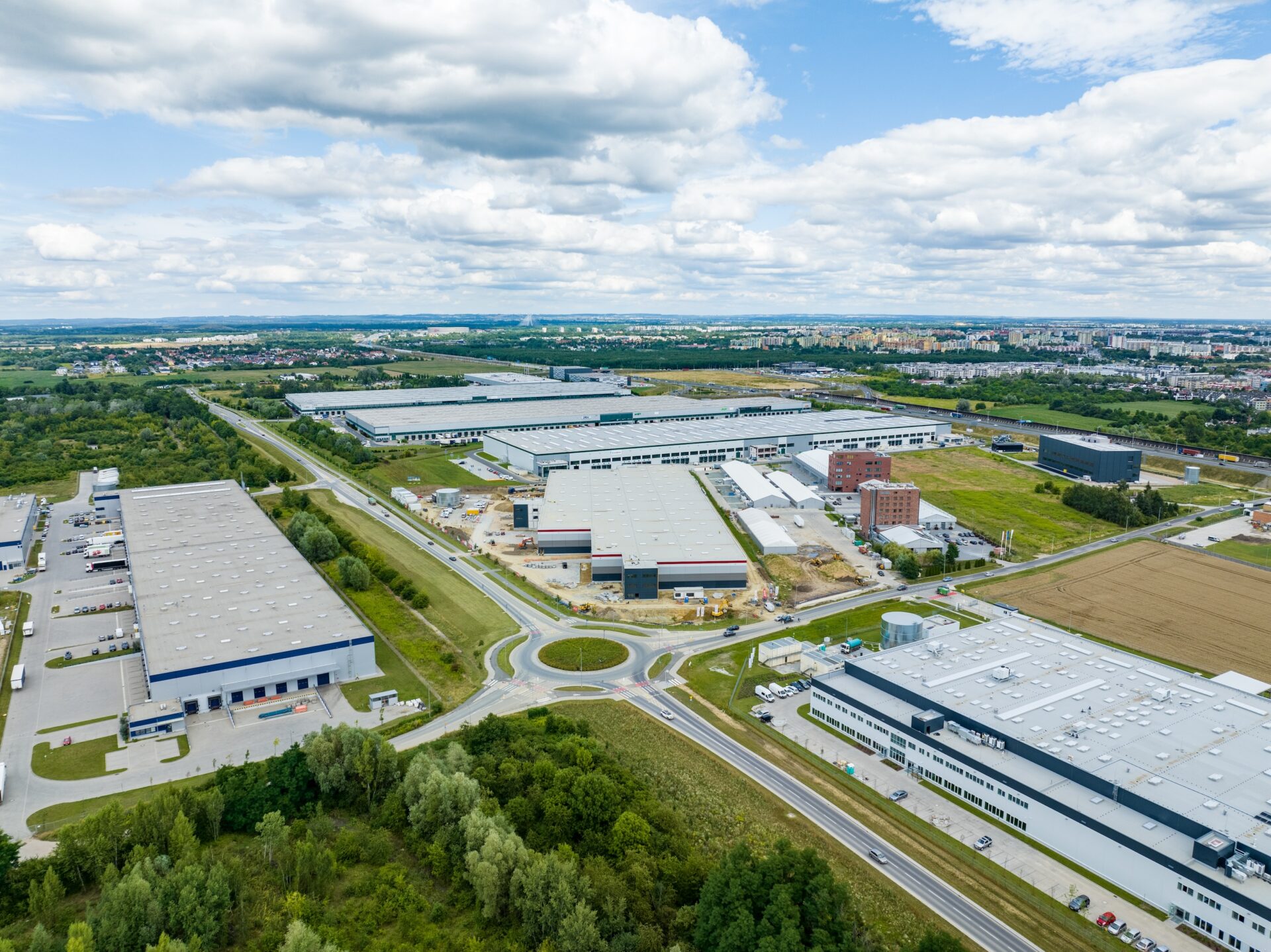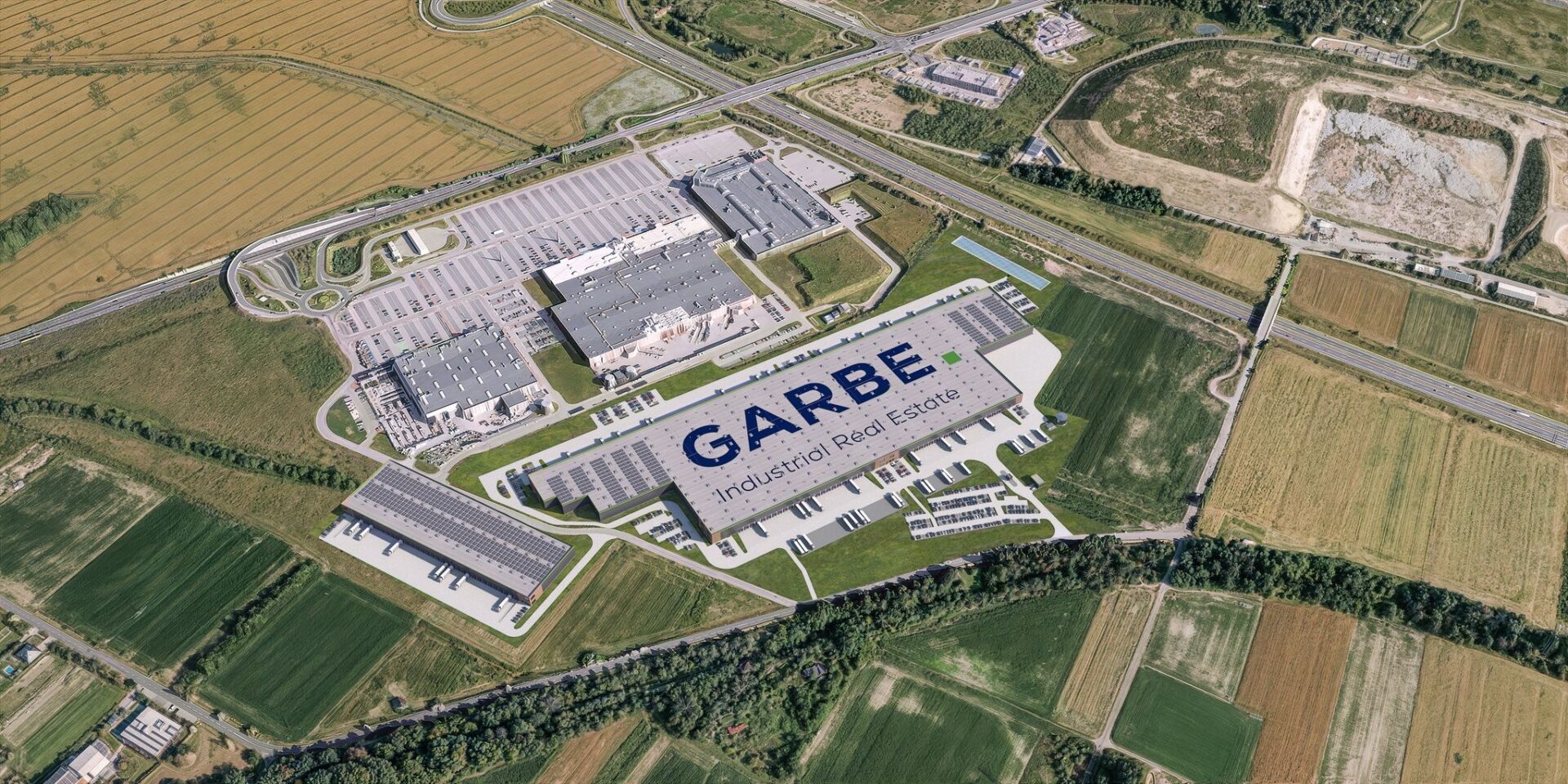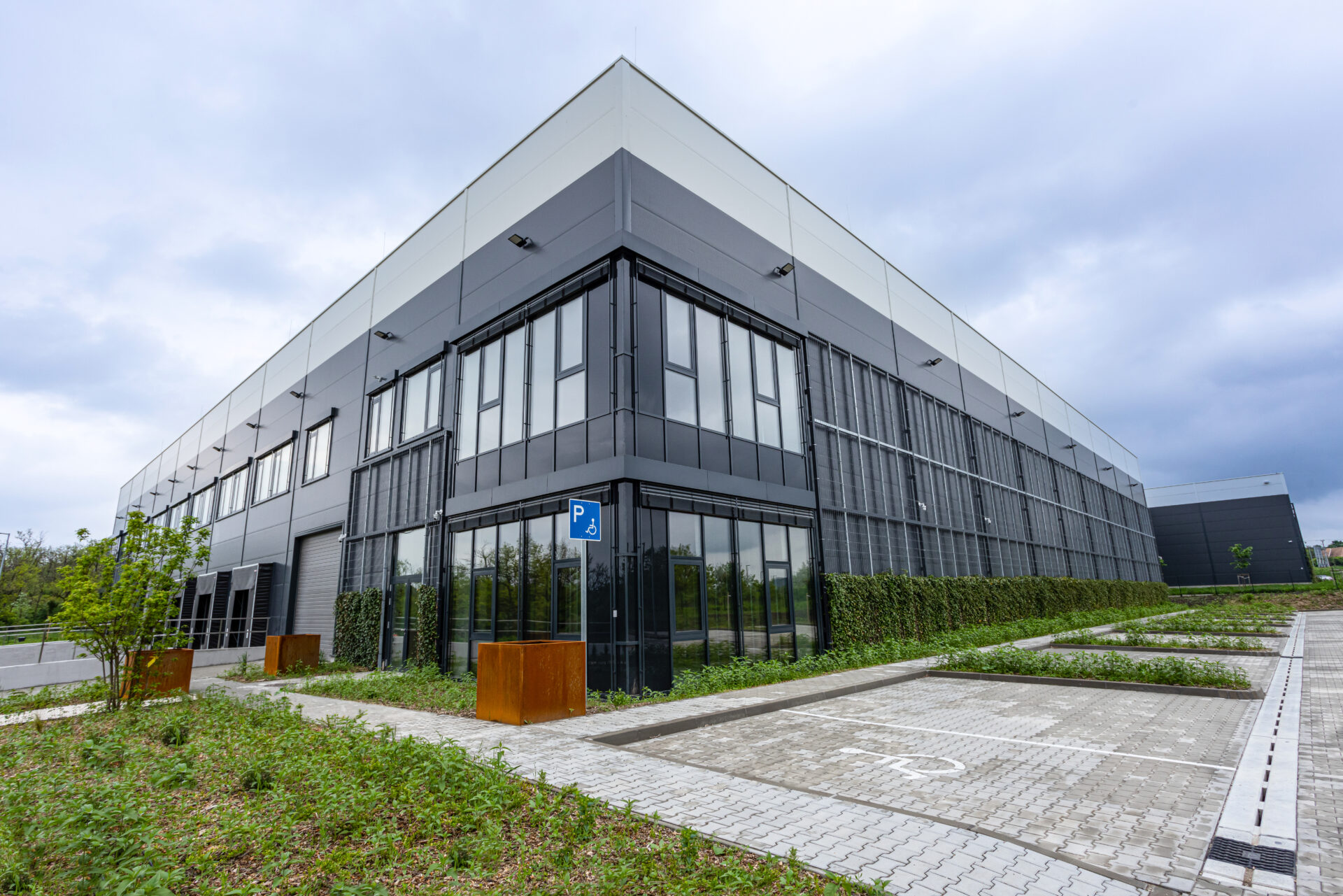According to Savills’ analysis of the industrial real estate market in the Czech Republic, lease renegotiations, or the extension of older lease agreements in existing premises, have become a significant part of the warehouse and manufacturing real estate market. Since 2011, we have monitored at least a 30 percent share of renegotiations in total leasing activity on the Czech market, with renegotiations exceeding 45 percent of total demand in some years.
Lenka Pechová, Senior Research Analyst at Savills, says: “Current data confirms a strong trend in lease prolongation. Only in the third quarter of this year, renegotiations accounted for 38 percent of total leasing activity, with 20 lease contract renewals totalling 129,100 sqm. In the first three quarters of this year, renegotiations accounted for roughly one-third of the gross demand.”
“The prolongation of lease contracts is mainly used by companies that wish to continue their business activities in the local area and have no reason to relocate to a different area. This step saves companies substantial costs that would otherwise have to be invested in moving and adapting new spaces to their often specific needs,” adds Ondřej Míček, Head of Industrial at Savills.
The extension of lease contracts is mainly used by companies that want to continue their business activities in a given location and have no other reasons to move to another area.
Renegotiation is worth considering when entering into a new lease agreement, where tenants can secure an option to extend the lease in advance. However, despite securing the option in the lease, it’s essential to plan for an extension well in advance and initiate the process at least a year and a half before the original lease term ends. This allows the tenant to keep all alternatives open for potential relocation – ranging from existing units to new developments – while allowing sufficient time for the move and related preparations if necessary.
“Companies that use the renegotiation option are usually well established in the area, which is crucial for them, particularly regarding their workforce. Even relocating to a neighbouring district, for example, just 10 kilometres away, could result in a loss of up to 40 percent of employees, and a move of 20 kilometres could mean losing as much as 80 percent,” notes Ondřej Míček.
Renegotiations have historically mirrored the growing industrial property market in the Czech Republic. From around 1997 to 2005, during the development of the first modern leased warehouses, renegotiations were uncommon and they were not monitored from a statistical perspective. Over time, as the market evolved and became more transparent, the number of tenants whose initial leases were expiring increased, which led to an increase in renegotiation activity. The more square metres were leased and handed over for use, the more space was subsequently renegotiated or extended, often without significant changes to the lease terms. Over the last 15 years, renegotiations have become an important part of the leasing activity, often involving adjustments such as the expansion or reduction of leased spaces.







